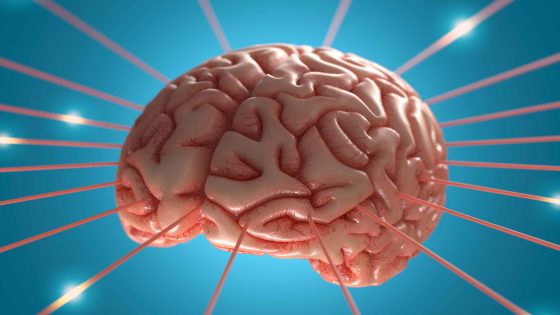A recent study highlights the ongoing challenges of long COVID, particularly concerning cognitive symptoms like brain fog. This research, published on May 15, 2025, reveals that patients with persistent cognitive issues exhibit higher brain inflammation and reduced stress adaptability.
- Long COVID patients show higher brain inflammation.
- Cognitive tests reveal deficits in verbal fluency.
- Quality of life is poorer in long COVID group.
- Lower nerve growth factor indicates impaired neuroplasticity.
- Study validates long COVID patients' experiences.
- Multidisciplinary care may improve treatment outcomes.
Despite similar performance on standard cognitive tests, long COVID patients reported a significantly lower quality of life compared to fully recovered individuals. These findings underscore the need for better diagnostic tools and treatment strategies for those suffering from long COVID.
Why do some individuals struggle with long COVID while others recover fully? This study sheds light on the biological markers that could explain these discrepancies. Addressing cognitive symptoms early is crucial for effective management. Consider these recommendations:
- Consult healthcare providers for comprehensive assessments.
- Explore therapies like speech and psychotherapy to alleviate symptoms.
- Incorporate lifestyle changes to reduce stress and improve overall well-being.
As research progresses, it’s vital for patients and healthcare providers to remain informed and proactive in addressing long COVID symptoms. Together, we can pave the way for better health outcomes.

































